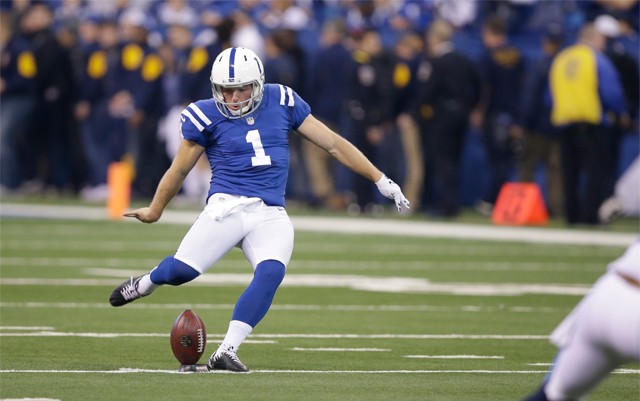Professional sports leagues have been notoriously suspicious of their players ever since the discovery of widespread steroid and HGH use in the late 1990’s and early 2000’s. Recently, some players’ past use and even jokes about cannabis have been getting national news. But is all of the attention necessary, or indicative of a deeper national problem we thought we were closer to putting behind us? You decide…
Indianapolis Colts punter Pat McAfee wrote joke Tweets on 4/20 about Colorado being “foggy” and April 21st being “national drug test day.” Sure enough, the NFL was summoned, and was happy to oblige him with a drug test on April 21st. This is the kind of stuff you’d expect to see on cable TV sitcoms. McAfee has YouTube videos of his amateur stand up comedy acts and would like to be a full-time comedian when he retires from football.
Yes, sports players are public figures and should be mindful of what they’re Tweeting, and the Colts punter should have known better; but this is indicative of a deeper issue with a large number of the U.S. population still opposing recreational and even medical cannabis.
In addition to sending an employee the signal that an employer thinks they’re doing something wrong, urinating into a cup in front of someone ready to test its contents is a little bit degrading for anyone – whether they work in a fast food restaurant or make close to a million dollars per year to kick a football less than a handful of times in games, for 15-20 weeks out of a year. Drug testing is usually pretty costly for employers, which doesn’t matter to the NFL, but does to small businesses.
Laremy Tunsil, offensive tackle out of Ole Miss, recently made national news after someone hacked his Twitter account and posted a video of him smoking out of a gas mask bong in college. This hack has been said to cost Tunsil $10 million in signing bonuses, as he wasn’t drafted as highly as expected. Luckily for Tunsil, the Miami Dolphins are convinced that won’t affect his play on the field, and still drafted him with the 13th overall pick in this year’s draft.
Miami has some experience with players using cannabis, as their former first round running back Ricky Williams took massive hatred directed towards him for violating the league’s substance abuse policy back in 2006 after testing positive several times. He was unapologetic about his use back then and is unapologetic about investing in cannabis businesses today, even though he has since quit smoking. Williams was recently in Portland for a marijuana business and investment conference.
Ricky Williams is also part of a group of former NFL players who advocate medicating with cannabis for relief from the chronic pain after years of abusing their bodies playing the dangerous sport.
The NFL is just one organization out of many that might need to update its policies to reflect evolving attitudes towards cannabis use and its medical treatment.






